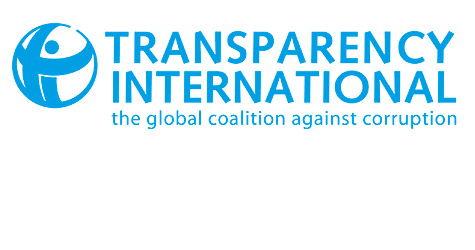
The announcement of Bosnia’s Presidency Chairman Milorad Dodik that the law on local self-government will be changed in the country’s Serb-majority entity to reduce the powers of mayors after his party lost the mayoral position in the city of Banja Luka represents a threat to democracy, civil society organisations said on Thursday.
According to the statement, issued by Transparency International in Bosnia (TI BiH), Dodik’s announcement came after he expressed his dissatisfaction with the results of the November 15 local election in the city of Banja Luka, the administrative centre of the semi-autonomous Republika Srpska (RS) entity.
Dodik is the Serb member of Bosnia’s tripartite Presidency and the leader of the ruling party in the RS, the Alliance of Independent Social Democrats (SNSD).
After the SNSD lost the mayoral election in Banja Luka, Dodik announced that his party would freeze all RS entity government investments into the city.
“We will stop all investments from the RS Government level until we see how the city will politically develop,” Dodik said after the incumbent mayor Igor Radojcic lost to opposition candidate Drasko Stanivukovic.
According to the initiative of civil society organisations ‘Reakcija’, Dodik’s threats of denying economic support to local communities where his party won the election are “an absolutely unacceptable way of political communication, which is also characteristic of totalitarian regimes.”
If the changes of laws on local government include decreasing powers of mayors, it would represent “the annulment of the electoral will of citizens and a danger to democracy guaranteed by the Constitution.”
The law on local self-governance was adopted four years ago and no plans for reforming it are included in the programme of the RS Government in 2020, the statement said.
An initiative to change this law and decrease mayoral powers just after the local election would indicate “political revanchism” and an effort to align laws with the electoral result of the ruling party, it said.
The civil society organisations argued that the constitutional setup of the RS is based partly on local self-governance and that the European Charter of Local Self-Government, which Bosnia ratified in 2002, guarantees a high degree of autonomy to local governments that enable local officials to freely serve their functions.
TI BiH, the Banja Luka Centre for Human Rights, the Helsinki Citizens’ Assembly Banja Luka, the Center for Environment, the Centre for informative decontamination of youth Banja Luka, the ‘Kvart’ youth centre, activist association ‘Geto’, as well as the ‘Ostra Nula’, ‘eTrafika.net’, ‘Zdravo da ste’, ‘Put Pravde’ citizens’ associations, signed the joint statement.






